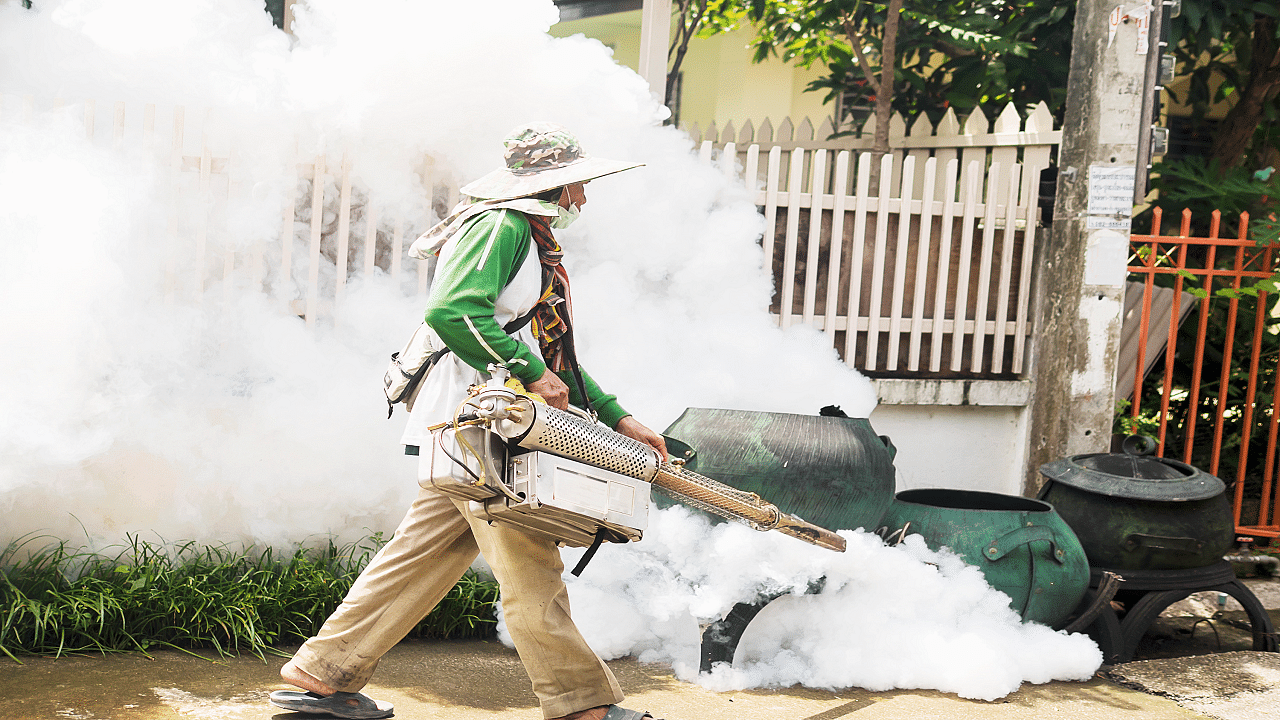
Pune is experiencing a rise in vector-borne diseases due to heavy rainfall and high humidity. In August, the city reported 47 cases of dengue and seven cases of chikungunya, a significant increase from the previous months. Authorities are urging residents to maintain cleanliness and dryness in their surroundings.
In Maharashtra state, there were 2,709 malaria cases, 2,701 dengue cases, and 134 chikungunya cases in August. The climate in Pune is ideal for these diseases, which thrive in wet and humid conditions. Data from January to July showed 39 dengue and three chikungunya cases, indicating a growing trend, according to the Pune Municipal Corporation.
Dengue Cases In Kolkata Has Doubled In A Fortnight
The number of new dengue cases has nearly doubled in the last week, with an official report of 77 new cases compared to the previous week's 44 cases. As of Thursday, the total count of dengue cases reported in the BMC area this year has reached 185, and within the last 14 days alone, there have been 121 reported cases.
Why Are The Reasons To Cause Vector-Borne Diseases In Pune?
Authorities have provided explanations for the elevated incidence of vector-borne diseases this year, particularly in the month of August.
-
Monsoon
-
Stagnant water
-
Pet drinking bowls
-
Dumped plastic containers with accumulated rainwater
-
Air coolers
-
Fridge
-
Pots
-
Plants
-
Bathrooms
-
Water tanks
-
Stored water
All the locations mentioned earlier are probable mosquito breeding sites. It's crucial to have a dry day once a week to deter indoor mosquito breeding. While persistent rainfall will inevitably lead to waterlogging and pooling, these diseases can still be averted through vigilant preventive actions. At present, authorities have assumed the responsibility of educating the public on cleanliness and ways to prevent these areas from becoming mosquito breeding sites.











